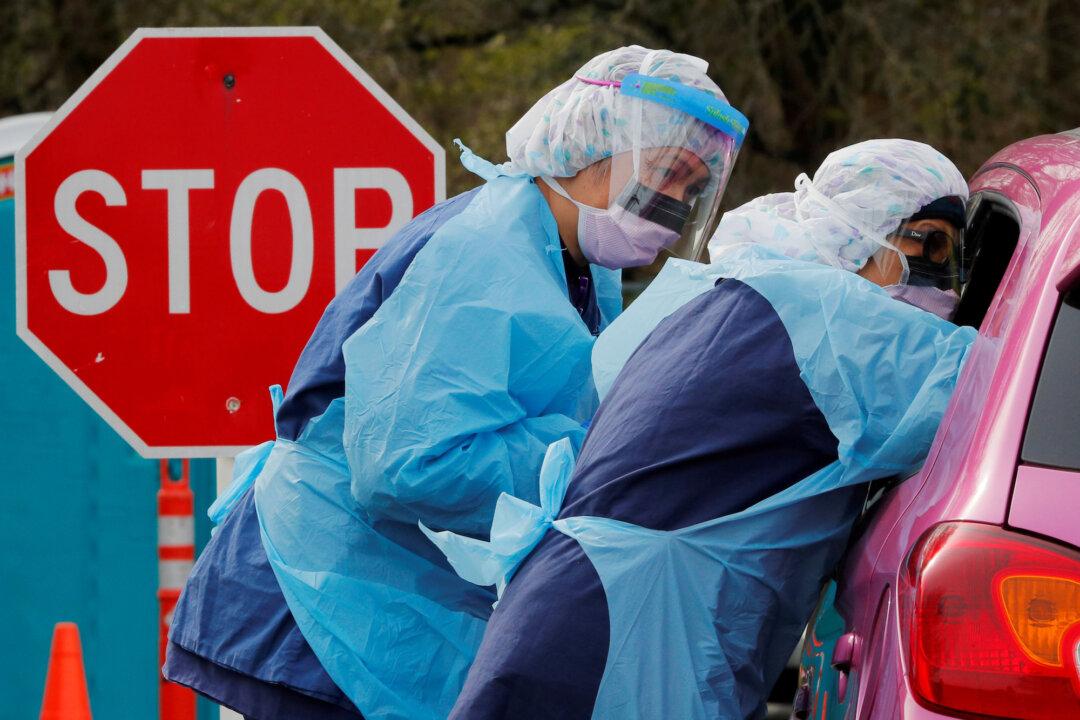In support of moves to safely reopen the economy, the Trump administration is coordinating efforts between the Centers for Disease Control (CDC) and local governments to ramp up contact tracing.
In a call with state governors on April 20, Vice President Mike Pence said the CDC will be sending rotating teams “dedicated exclusively to coronavirus surveillance” to all 50 states and territories, according to a recording of the call obtained by ABC News.




